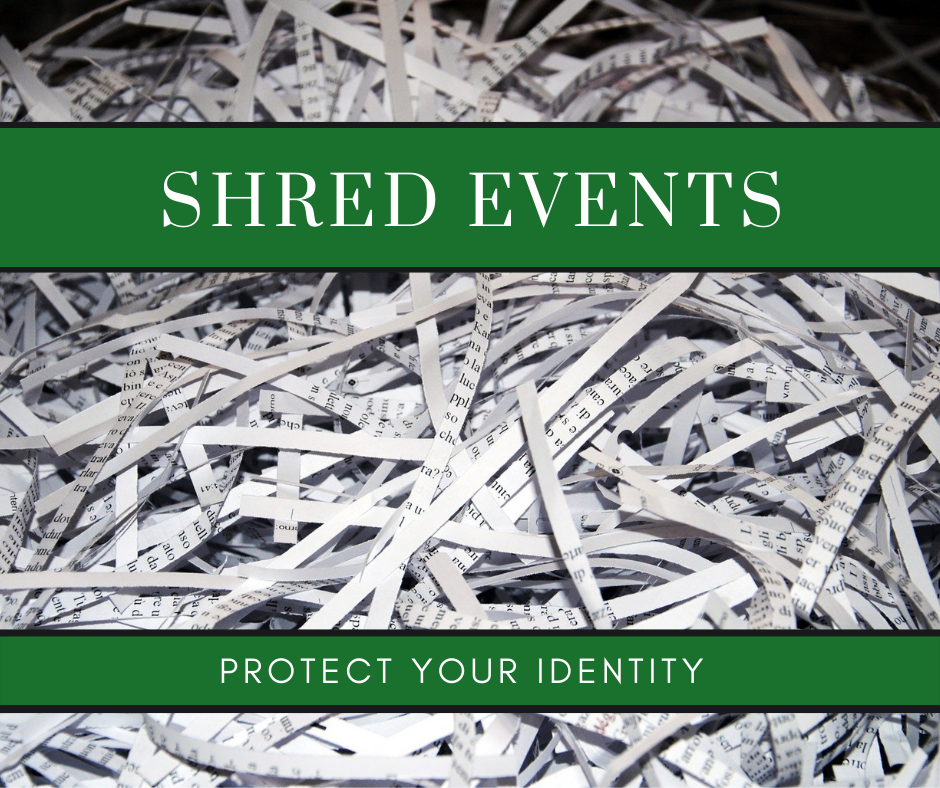By Crystal Baldwin
It is not every day that government relief is offered for paying off student loans. In the past, to help warn about scams, I can recall specifically saying something to the effect of, “The government doesn’t give you money to pay for your student loans.” Now that the government is, in fact, giving certain qualified borrowers some student loan debt relief (studentaid.gov), my blanket statement no longer applies. Criminal fraudsters may take advantage of this rare opportunity by representing themselves as providing this student loan debt relief.

To make sure you are connected to the most accurate information when claiming your portion of the student loan forgiveness, connect with known legitimate sources.
- The Federal Student Loan Debt Relief application is located on the Federal Student Aid website: https://studentaid.gov/debt-relief/application
- More student loan debt relief information from Federal Student Aid: https://studentaid.gov/manage-loans/forgiveness-cancellation/debt-relief-info
- The Federal Department of Education set up a “Federal Student Loan Borrower Updates” subscription so that you can receive notifications: https://www.ed.gov/subscriptions
- Want to connect with someone locally? Vermont’s own VSAC has a wealth of information about student aid and stays in the know about available government programs.
- Reach out to your loan servicer and update your contact information. Get your loan servicer information from your StudentAid.gov account.
Keys to detecting a student loan relief scam:
- You never need to pay to claim your federal loan forgiveness. Hang up on calls asking you to pay!
- The government does not solicit your participation in student loan relief programs, so you should not receive calls about it or click on ads offering student debt relief.
- Hang up on callers asking for your Federal Student Aid/FSA ID. The Department of Education and your federal student loan servicer will not contact you to ask for this information. Keep your information safe from identity thieves, who may try to claim your student loan relief for themselves!
- Companies offering debt relief in Vermont are required to be a licensed debt adjuster with the Vermont Department of Financial Regulation (DFR) Division of Banking. If you are interested in consolidating student loans, make sure the business meets the licensing requirements of our state and verify this with DFR.
Have you been contacted by student loan debt relief scam? Help others by reporting it!
Our nation’s consumer protection agencies, the Federal Trade Commission (FTC) and the Consumer Financial Protection Bureau (CFPB) are working together to hold scammers accountable. “Over the course of the last 18 months, the FTC has reached nearly $30 million in settlements that included refunds for tens of thousands of student borrowers who were illegally charged up front fees and falsely promised reduced or eliminated student loan payments” (whitehouse.gov). Since 2011, the CFPB has required “refunds of nearly $8.7 million to consumers and banning several individuals from the debt-relief payment processing industry…” (whitehouse.gov)
- Report scams directly to the Federal Trade Commission: reportfraud.ftc.gov
- Report scam calls to help the Federal Communications Commission (FCC) identify scam callers. Send your Student Loan Scam report to StudentLoanScams@fcc.gov and include the date of the call, time of the call, the recipient’s phone number, the number on the caller ID.
- The Consumer Assistance Program is your state resource to help identify and report scams. File with CAP through our online scam form or call us at 1-800-649-2424.
Have a different student loan concern?
Find help and resources from the US Department of Education Office of the Inspector General.
Resources:
Federal Student Aid
The White House
US Department of Education
US Department of Education Office of the Inspector General

